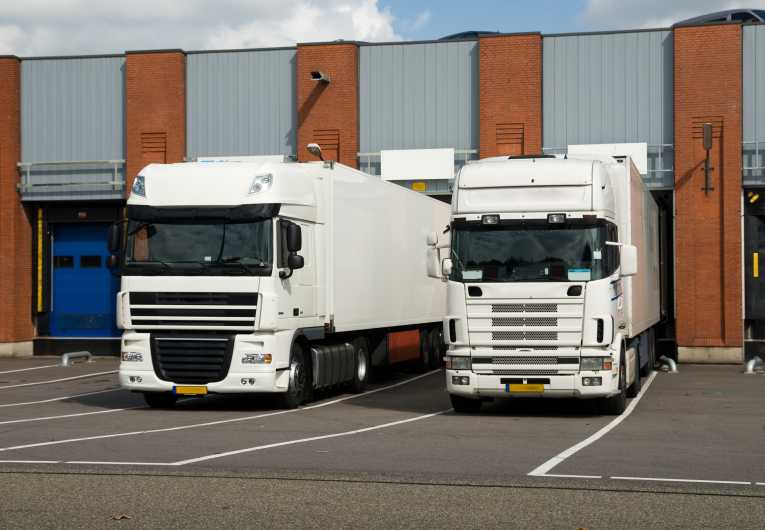According to a statement by the US Environmental Protection Agency (EPA), Massachusetts refrigeration company Preferred Freezer Services has agreed to pay a fine of $75,000 for Clean Air Act violations that were found at three of its cold storage facilities, which are located in Raynham, Sharon and Westfield, Mass.
The settlement states that the company failed to follow federal regulations involving the use of chlorofluorocarbons (CFCs) at each of the facilities. These regulations have been put in place to prevent CFCs from leaking out of industrial refrigeration equipment and damaging the stratospheric ozone layer
The New England branch of the EPA found that all three of the company's facilities did not verify that they had adequate CFC recovery or recycling equipment in place to handle the volatile organic compound, and an uncertified employee was also discovered to have repeatedly worked on equipment containing CFCs at both the Raynham and Sharon facilities. Despite the company's efforts to correct these issues in 2010, the fine has been issued due to the seriousness of the violations.
The company was also cited for failing to provide complete responses to the EPA's initial information request. Preferred Freezer Services owns and operates 25 refrigerated warehouse locations in the US that provide cold storage for producers and suppliers that handle a variety of frozen foods.
The stratospheric ozone layer is a protective part of the Earth's atmosphere that helps to protect the planet from dangerous ultraviolet radiation. We now know that CFCs cause damage to the stratospheric ozone layer when they are released into the atmosphere, which then allows detrimental levels of radiation to reach the Earth's surface.
This radiation has been linked to non-melanoma skin cancer, as well as the occurrence of malignant forms of melanoma and cataracts. In addition, it can have a harmful effect on our crops and certain species of marine life. As a result, CFCs have been heavily regulated since the late 1970s and more than 200 countries have agreed to cease production of CFCs entirely by 2020.
Image used as an example of a refrigeration company.















